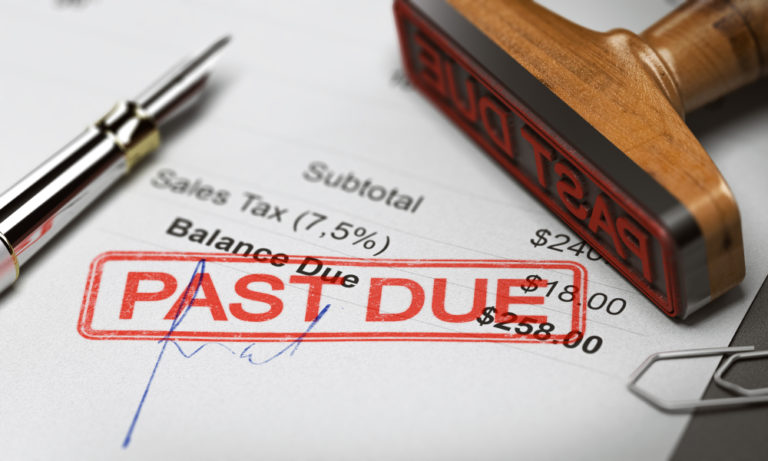Whether you want to sell your business next year or a decade from now, you will have two basic options for an external sale: the financial or the strategic buyer.
The Financial Buyer
The financial buyer is buying the rights to your future profit stream, so the more profitable your business is expected to be, the more your company will be worth to them. Strategies that are key to driving up the value of your business in the eyes of this buyer include de-risking it as much as possible, creating recurring revenue, reducing reliance on one or two big customers, cultivating a team of leaders, etc.
The Strategic Buyer
The alternative is to sell to a strategic buyer. They will care less about your future profit stream and more about what your business is worth in their hands, typically calculating how much more of their product they can sell by owning your business. Strategic buyers are usually big companies, so the value of being able to sell more of their product or service because they own you can be substantial. This often leads strategic buyers to pay more for your business than a financial buyer ever would.
For example, Nick Kellet’s Next Action Technologies created a software application that takes a set of numbers and visually expresses them in a Venn diagram. Next Action Technologies was generating approximately $1.5 million in revenue when they received their first acquisition offer; Kellet’s first valuation was for $1 million, a little less than revenue, which is a pretty typical from a financial buyer.
Kellet knew the business could be worth more to a strategic buyer, so he searched for a company that could profit by embedding his Venn diagram software into their product. Kellet found Business Objects, a business intelligence software company looking to express their data more visually. Business Objects could see how owning Next Action Technologies would enable them to sell a whole lot more of their software, and they went on to acquire Kellet’s business for $8 million, more than five times revenue – an astronomical multiple.
Preparing For Every Eventuality
The question is: why bother making your business attractive to a financial buyer when the strategic buyer typically pays so much more?
The answer is that strategic acquisitions are very rare.
Each industry usually only has a handful of strategic acquirers, so your buyer pool is small and subject to a number of variables out of your control; the economy, interest rates, the competitive landscape and a whole raft of other variables can all impact a strategic acquirer’s appetite to buy your business.
Think of it this way: imagine your child is a promising young athlete who’s intent on going pro. You know that becoming a professional athlete is a long shot, fraught with unknown hurdles: injury, the wrong coach, or just not having what it takes to compete at the highest levels. Do you squash her dream? No, but you do make sure she does her homework, so if her dream fades she has her education; you make sure she has a back-up plan.
The same is true of positioning your company for an exit.
Sure, you may want to sell your business to a strategic buyer in a spectacular exit, but a financial acquisition is much more likely, and financial buyers are looking for companies that have done their homework – companies that have worked to become reliable cash machines.
If you want to learn more about which type of buyer makes more sense for you and your company, consider completing the Value Builder Survey here. Identifying and preparing for both types of buyers in advance of a sale has been shown to help a business owners make better decisions throughout the sale process.



